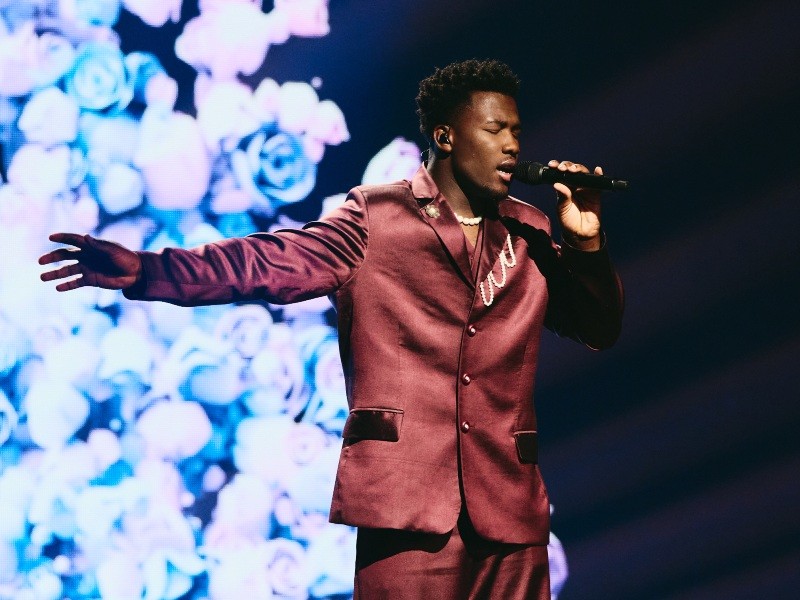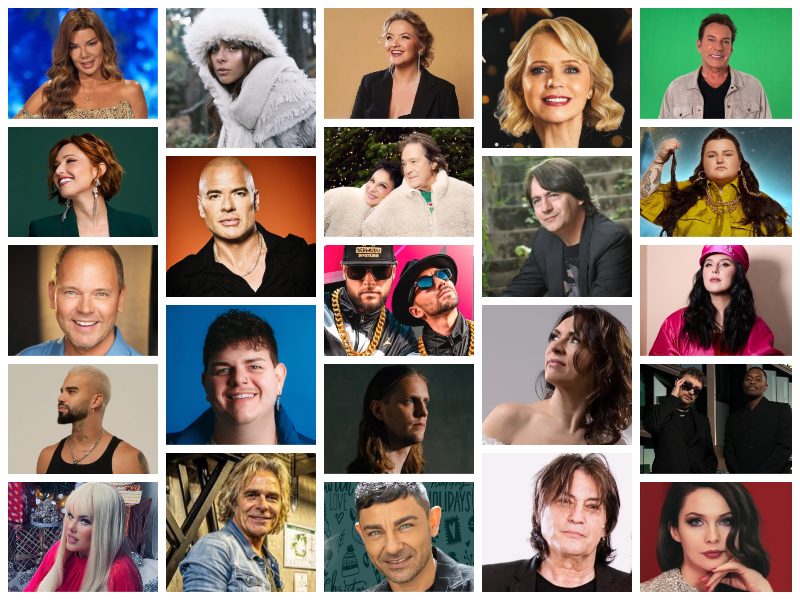
Dutch broadcaster AVROTROS, alongside its parent company NPO, has called for a discussion with Eurovision organisers at the EBU about whether the contest’s core principles are still working.
In a joint statement on Instagram, they raise concerns about Eurovision’s current standpoint amidst Israel’s ongoing participation:
“AVROTROS and the NPO strongly believe in the apolitical and unifying value of the Eurovision Song Contest. However, we see that the event is increasingly influenced by social and geopolitical tensions.
“Israel’s participation confronts us with the question to what extent the Song Contest still functions as an apolitical, unifying and cultural event. We want to make this question a topic of discussion within the EBU, together with other countries.”
A spokesperson for AVROTORS went on to say that the contest must return to its roots:
“A unifying, cultural event that rises above political tensions. The current situation raises questions about the limits of participation, the role of governments and the credibility of the apolitical character. That requires a fundamental and joint reflection within the EBU.”
AVROTROS would not fully comment on whether this matter could result in the Netherlands withdrawing from future contests:
“That partly depends on how the EBU deals with this situation and what steps are taken.”
There has been much fallout from the results of Eurovision 2025, which saw Israel winning the televote and finishing second overall — behind jury favourite Austria.
An investigation by the EBU’s independent fact-checking network, Spotlight, showed how a government-linked Israeli agency orchestrated a digital ad campaign to increase votes for Israel’s entry in this year’s contest.
The Netherlands is one of seven countries to raise concerns with the EBU following the 2025 contest in Basel. Spain’s RTVE, Iceland’s RÚV, Belgium’s VRT, Finland’s Yle, and Ireland’s RTÉ have either requested audits into their nation’s televoting and/or questioned the current voting system — particularly that allowing viewers to cast up to 20 votes creates room for coordinated campaigns and political influence, distancing Eurovision from its cultural and artistic focus.
Meanwhile, Slovenia’s RTVSLO has reaffirmed its position that a debate needs to be held on whether Israel should still be allowed to compete at the song contest.
Martin Green, Director of the Eurovision Song Contest, has confirmed that the EBU will undertake discussions with competing broadcasters over the coming weeks as they prepare for next year’s event:
“Now that the event has concluded, we will have a broad discussion with the participating broadcasters to reflect and get feedback on all aspects of this year’s event. It is part of our planning process for next year’s 70th Eurovision Song Contest.”
There have been repeated calls from musicians, fans, unions, human rights activists, and other notable figures for Israel’s removal from Eurovision since the beginning of the Israel-Gaza war in October 2023. The conflict has seen more than 53,000 people killed in Gaza, with multiple international organisations accusing Israel of committing war crimes and acts of genocide.
The war began when Hamas carried out an attack in southern Israel on 7 October 2023, during which 1,200 people were killed and 251 others were taken hostage.















